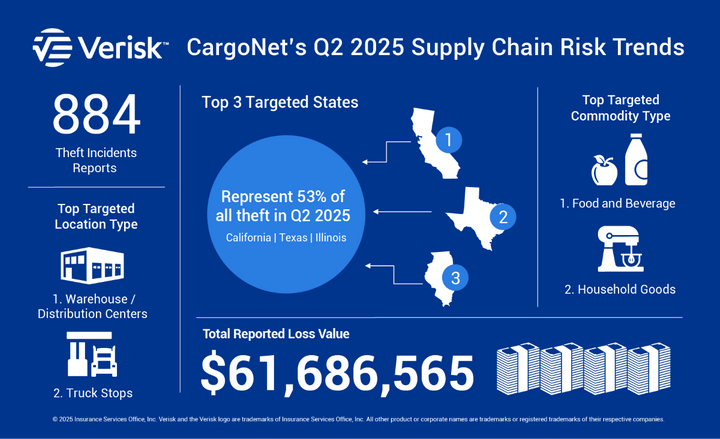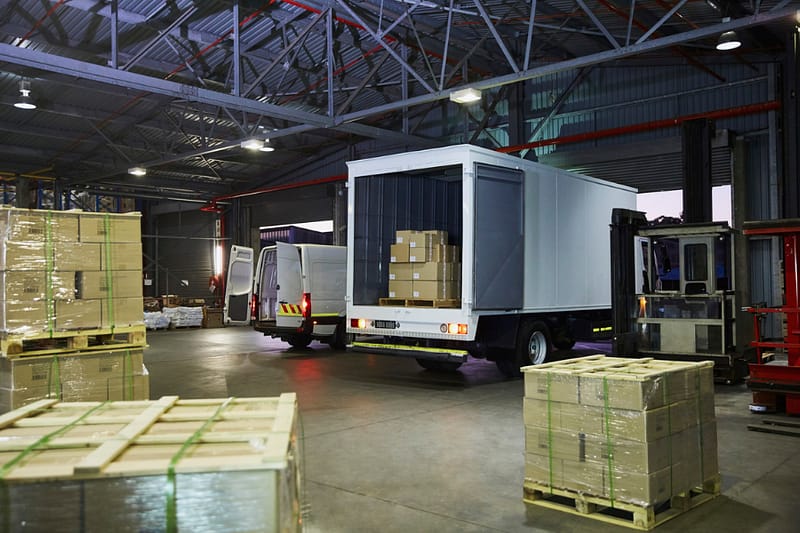Strategic cargo theft is not just an operational hiccup — it’s a deliberate, well-organized scheme that’s becoming more frequent and more damaging. Unlike traditional theft, where goods are physically stolen from a truck or warehouse, strategic theft involves manipulation, deception, and fraud to gain access to freight. These tactics are hard to detect, even harder to trace, and have created massive vulnerabilities across the supply chain.
This isn’t a single tactic — it’s a spectrum of calculated approaches designed to exploit weaknesses in verification, trust, and communication.
What is Strategic Cargo Theft?
Strategic cargo theft refers to non-violent methods of stealing freight using tactics like impersonation, documentation fraud, or digital manipulation. The bad actors behind these schemes are professional, patient, and often part of organized crime networks. Their goal? To gain legitimate access to freight without raising alarms — until it’s too late.
Unlike traditional cargo theft, which typically targets unattended goods, strategic cargo theft relies on deception to make legitimate transaction appear routine — tricking shippers and brokers into handing over their own freight.
— Travelers

Types of Strategic Cargo Theft
Each of these methods may seem small on its own, but together they represent a serious threat to today’s supply chains. Here’s a breakdown of the most common tactics seen in strategic theft today:
- ID Theft – Stolen MC/insurance details used to impersonate a carrier or broker
- Fictitious Pick-Up – A fake driver uses real or doctored credentials to pick up a real load
- Double Brokering – A load is moved through an unauthorized middleman, often with no intention of delivery
- Phishing – Fake emails or links designed to capture sensitive login or business information
- Hook and Go – Criminals plan trailer theft by accessing load details and GPS data
These tactics don’t just cause financial damage — they erode trust across the supply chain, making every transaction feel like a potential risk.

The Cost of Complacency
Theft isn’t just a line item — it’s a compounding threat that impacts operations, relationships, and reputation. When strategic theft goes unchecked, the consequences stack up quickly:
- Financial Loss – Stolen freight, increased insurance premiums, claims disputes
- Customer Fallout – Late or missing deliveries damage client trust
- Operational Disruption – Investigations, rerouting, and claim resolution steal time and resources
- Reputational Risk – Once your name is associated with theft, it’s hard to rebuild confidence
- Legal Exposure – Mishandled claims and insurance issues can open the door to liability
It is a key first step that companies develop risk management policies and procedures, but they also need to make sure they are implemented and complied with.
— Freightwaves
It’s not enough to hope it won’t happen to you. Vigilance, education, and policy enforcement are non-negotiables in today’s freight environment.
What You Can Do
Mitigating strategic theft starts with awareness — but it doesn’t stop there. Every company in the supply chain must take responsibility for prevention. That means tightening up processes, staying informed, and building relationships with trustworthy partners.
Start by strengthening verification procedures: Always confirm carrier and driver credentials through reliable sources, not just email or phone. Educate your team about phishing and impersonation red flags. Invest in systems that flag suspicious behavior or detect duplicate credentials. And don’t ignore the human element — communication across departments and with external partners must be clear and consistent.
Security isn’t a one-and-done effort. It’s an ongoing commitment that requires attention to detail and proactive follow-through.
OpenRoad: Your Trusted Fraud Prevention Partner
At OpenRoad, strategic fraud prevention isn’t an afterthought — it’s built into how we move freight.
✅ Carrier vetting tools like RMIS and FreightCheck for real-time fraud detection
✅ Secure document handling to reduce exposure of rate cons and BOLs
✅ Proactive compliance checks on MC numbers, certificates, and insurance
✅ Track-and-trace capabilities that provide constant visibility to prevent hook-and-go attempts
✅ Operations team training on fraud tactics and escalation processes
Let’s move smart, not scared.
If you’re concerned about cargo theft, let’s talk. OpenRoad is here to help you stay protected.
Quote Sources:
- Strategic Cargo Theft | Travelers Insurance
- 2025 Second Quarter Supply Chain Risk Trends Analysis | CargoNet
- Rising cargo theft and fraud necessitate proactive shipping risk management – FreightWaves
